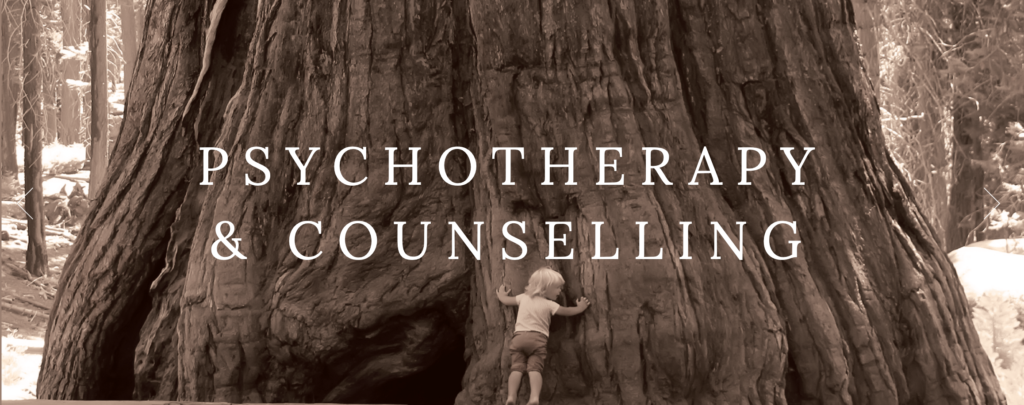Dublin Counsellor Blog
What is Counselling? Part 2

What is Counselling? Part 2: In ‘What is Counselling? Part 1’, we looked at how counselling is not the same as talking with a friend. A counsellor will help a client reach a depth in themselves that doesn’t come, mostly, from ordinary communication.
We said the mind is like the ocean. The rules for negotiating the surface and the rules for under the surface are very different. Under the surface, the unconscious mind, we are dealing with our habitual patterns and past experience.
Defence mechanisms
What stops us resolving issues for ourselves are the defence mechanisms that lie under the surface. These protect us from what was overwhelming experience but, one the other side, they also stop us reaching resolution on our issues.
The defence mechanisms create a push-and-pull with our issues leading our mind to become as tangled or knotted as a ball of wool. Our mind becomes ‘stuck’ as what we want and what we ‘should’ do or be clash and log-jam us.
A counsellor understands the defence mechanisms and helps the client unravel them so issues can be approached and resolved.
Blunt to subtle
Defence mechanisms range from blunt to subtle depending on the level of need to block something out. Denial and repression are blunt mechanisms. Something was just so bad, it is too much to even acknowledge.
Another way of blocking an experience is projection, where we accuse others of what we ourselves are doing. We do it because looking at what we are doing is too much for us.
More subtle mechanisms are displacement and compensating. Here, in a bid to not look at ourselves, we dive into something like work. It is a defence mechanism when, for example, work, becomes compulsive.
What is Counselling? Part 2
We don’t employ these consciously. It is the mind’s natural way of protecting itself. This protection literally saves our life but this protection has a cost, and the cost is ongoing. And, with time the cost gets bigger, not less. We think ‘time heals’ but actually, it doesn’t.
To see the earlier post, ‘What is Counselling? Part 1, see here;
To see the later post, outlining the deeper mechanisms of counselling, see ‘What is Counselling? Part 3’
For a wider description of how counselling works, and to see my own availability for counselling, check out:

